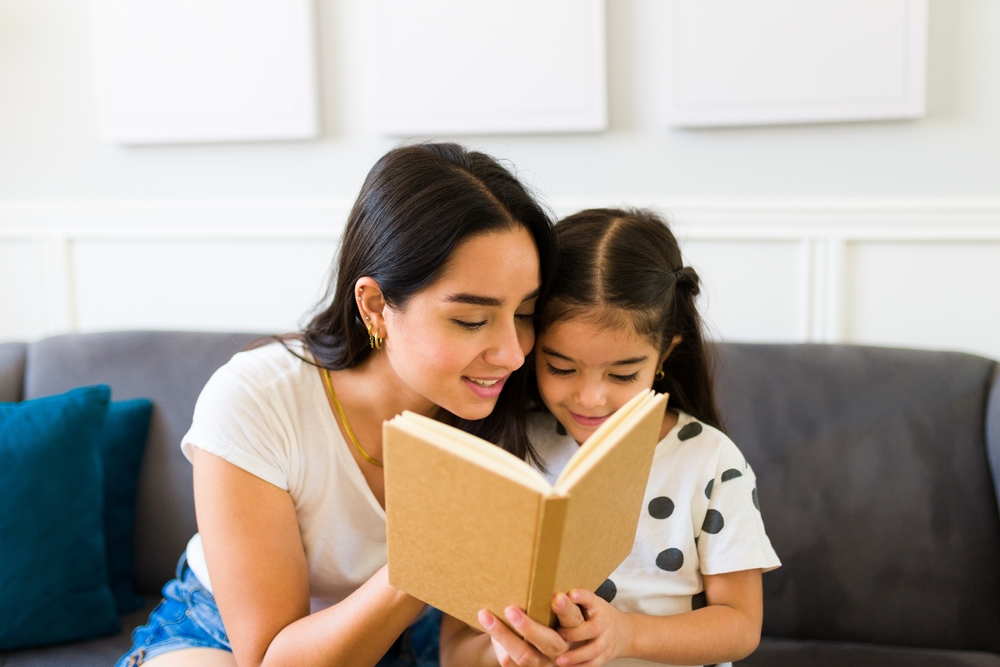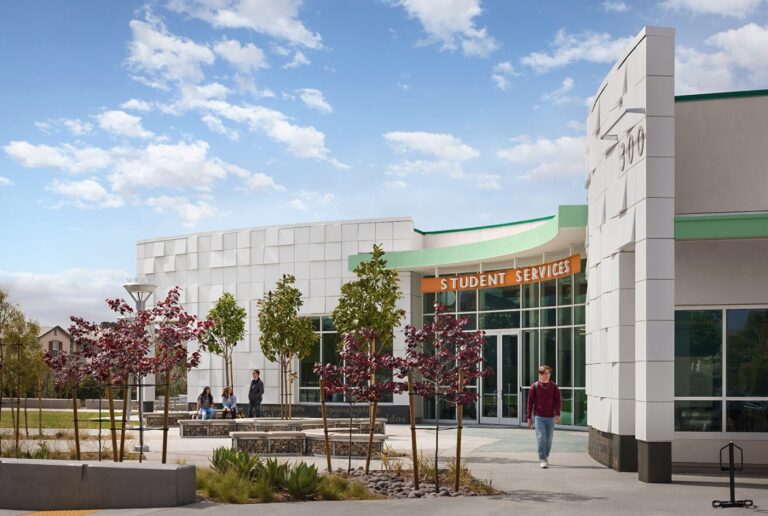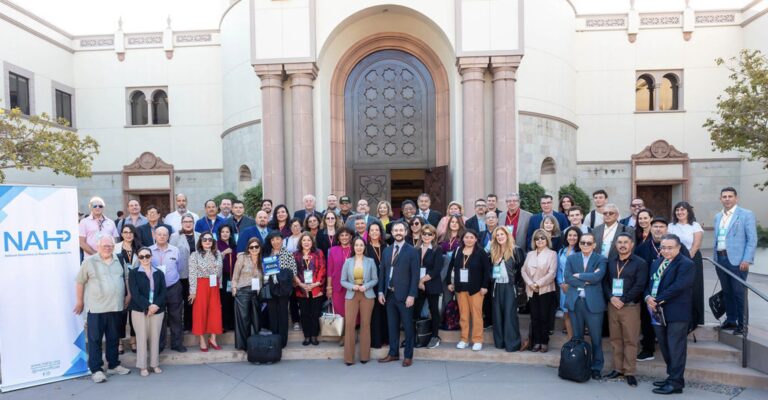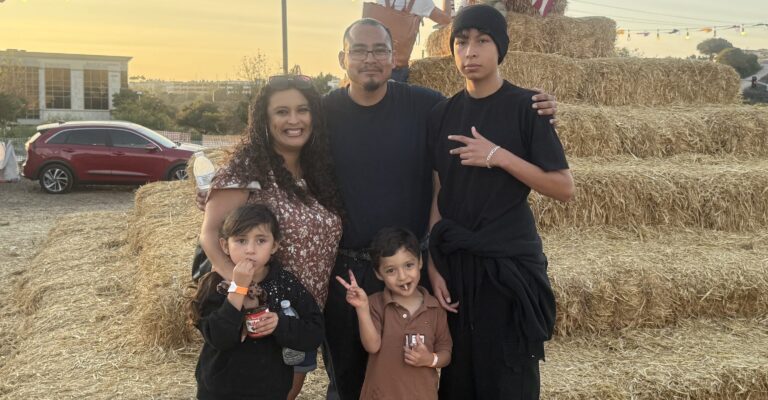By Beatriz Palmer
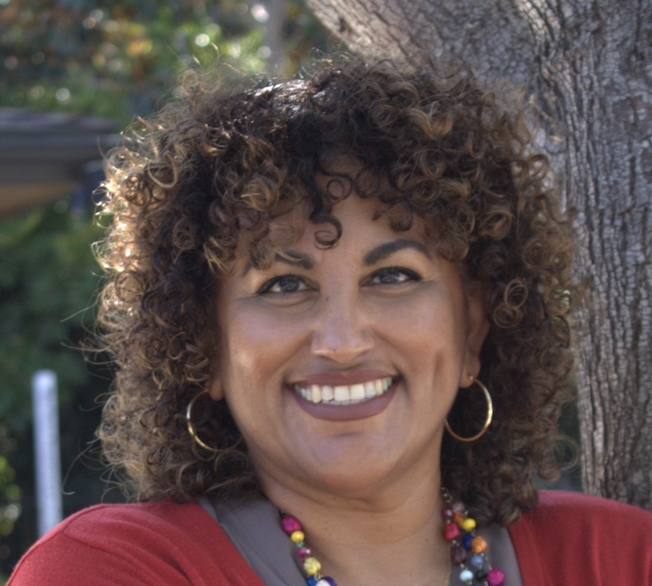
As Frederick Douglass once said, “Once you learn to read, you are forever free.” Literacy is a hard-fought goal.
Yet, when we hear the word literacy, most of us think of reading and writing. While partially true, literacy is so much more than books, pens, and typing. It’s about having access to resources that dismantle generations of poverty. It’s about no longer depending on someone else to navigate life for you. It’s about being able to identify a scam from a real opportunity, making informed decisions, navigating the digital world with confidence, and passing down our family’s imprint to the next generation.
There are early signs of literacy in small, everyday things—a child recognizing the McDonald’s sign and knowing it means their favorite kids’ meal is waiting, or an adult comparing gas prices to save 30 cents a gallon. These moments are examples of functional literacy, the skills that help people navigate everyday life.
According to the National Center for Education Statistics, “43 million adults in the U.S.—about 1 in 5—struggle with low literacy skills,” which impacts everything from filling out job applications to reading a prescription label. I remember my mother rushing to help my grandmother go through her mail to decipher which envelopes were bills and which were junk mail.
Literacy is not just about reading stories—it is a direct pathway to economic mobility and breaking cycles of poverty. Literacy impacts our economic mobility; it can make the difference in one’s wages, from minimum wage to two or three times as much.
While functional literacy is essential, our communities have long been professional cuentacuentos—storytellers. Our great ancestors may not have had access to printed books, yet literacy was deeply rooted in their lives. There was no internet, no texting, no telenovelas, and certainly no ChatGPT. Instead, elders gathered their communities and passed down history and wisdom through oral storytelling. We now see the power of storytelling in academia through frameworks like pláticas, relatos, and testimonios.
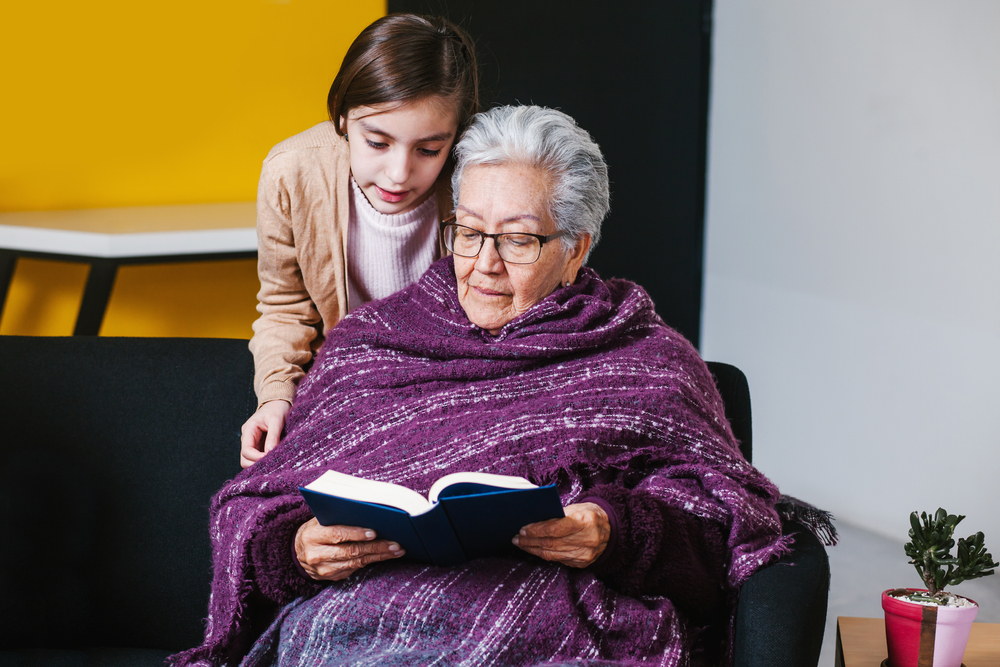
Research shows that storytelling in Latin American homes is widespread, regardless of class or financial status. Most stories are shared around the table or in the kitchen while preparing meals. Families pass on anecdotes, folktales, scary accounts, stories of resilience, and historical chronicles. This type of storytelling helps children develop vocabulary and verbal reasoning skills, laying the groundwork for reading success later in life while affirming their cultural identity.
Programs like La Rosa de Guadalupe or beloved telenovelas continue to spark conversations and inspire families to share their own testimonios. So many in our community resonate with ranchera music by Vicente Fernandez, Juan Gabriel, Rocio Durcan, Armando Manzanero, Los Bukis, and the many salsa bands like Sonora Dinamita and Los Ángeles Azules. Globally, UNESCO has recognized oral storytelling as intangible cultural heritage, vital for passing knowledge, skills, and identity from one generation to the next. When we frame pláticas, relatos, and testimonios as cultural assets, we honor their power alongside print, digital, and financial literacies.
Literacy may not erase all struggles, but it breaks the shackles of dependence, giving people the power to grow, navigate the world, and claim their own story. To explore the connection between storytelling and literacy, we look at the experiences of two first-generation educators and community leaders: Julia Andrade de Garcia, who works at a local public school, and Dr. Juan Carlos Reyna, an educator, entrepreneur, and soon-to-be book author.
Julia Andrade de Garcia: Stories That Begin in the Kitchen
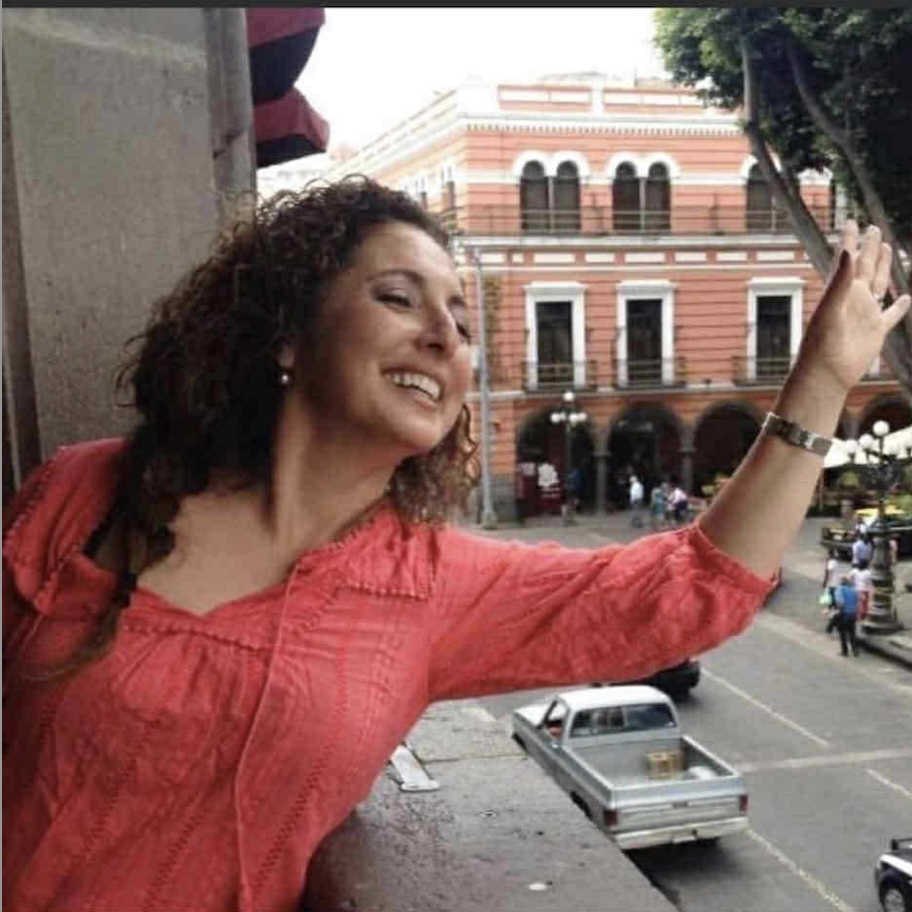
Julia Andrade de Garcia, who works as the “school secretary” at a public institution, inherited her love for literacy from her mom, who grew up “en un rancho” where education wasn’t prioritized. She recalls her mom warning her not to tell people she was a “curandera,” a healer who uses natural plants and homemade salves, so people wouldn’t think she was a witch. That thought had crossed my mind as a child; my grandmother was also a curandera, always making positions and remedies from sacred plants, and food was also medicine, like calditos.
Julia’s mom also shared that an aunt took her a book that she used to learn to read, but she had to hide in the stable. “Education, specifically reading, was the most important thing to her.”
Her mother insisted her children borrow books from the Oceanside Public Library. Before they could read, she gave them picture books without words and asked them to tell her the stories they imagined—in Spanish. Once they learned to read, she expected them to continue reading in Spanish while English came naturally through school.
Family gatherings were filled with food and conversation. During holidays, her grandmother would grind nixtamal on a metate to make masa for tamales while stories flowed, many beginning with the phrase, “Cuando vivíamos en el rancho…” (“When we lived on the ranch…”).
Julia remembers vividly reading her first chapter book about Helen Keller. “I read it to my mom every day while she made dinner and did her evening chores. I remember her saying that if a person who can’t hear or see could learn to do all she did, an able-bodied and healthy person like me could and should do just the same.”
Through storytelling, Julia embraces her identity as both from here and from there. She hopes to pass down “stories from the heart” to her children and grandchildren—stories that remind them to value the earth, nurture relationships, and prioritize real, face-to-face connections over screens.
Dr. Juan Carlos Reyna: Writing His Own Narrative
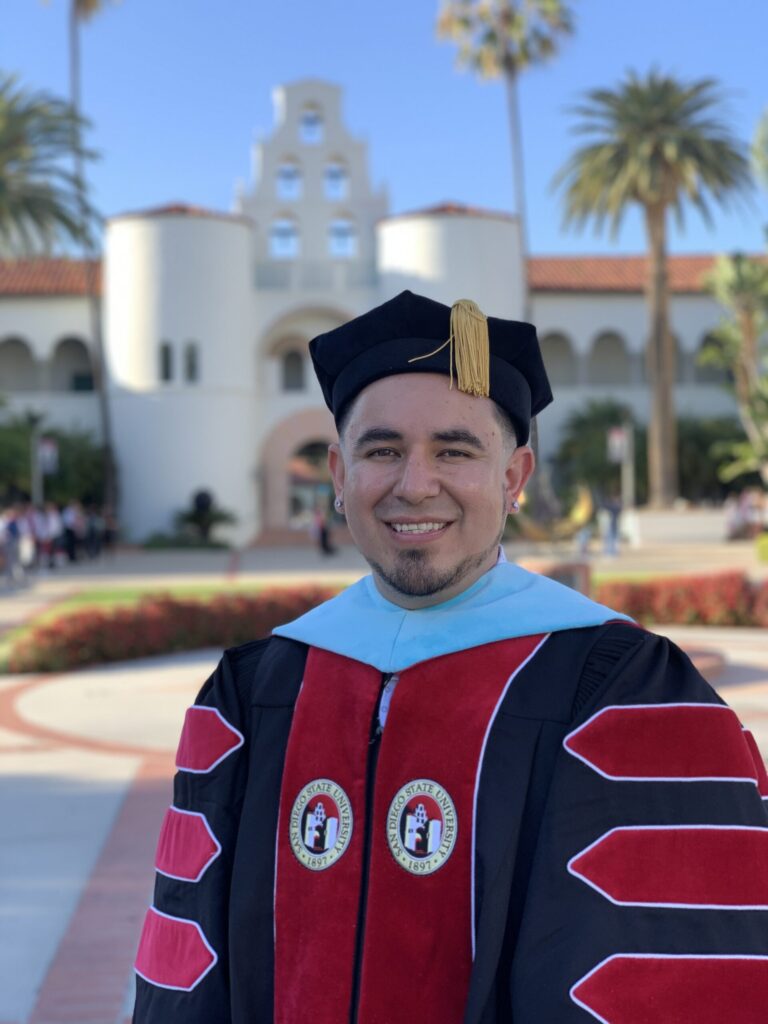
Dr. Juan Carlos Reyna grew up with the vibrant storytelling of his mother, Ana Bertha Reyna, who told him of their family and life in Mexico prior to coming to the United States. “I may have grown up financially poor, but I grew up culturally rich because of these stories and the familial love I received,” he says.
The book that shaped his life was Tattoos on the Heart, by Father Gregory Boyle. Inspired by its narratives, Juan Carlos began seeking out autobiographies and is now writing one for middle school boys navigating life-changing decisions. Storytelling gave him self-assurance and purpose.
As a realtor, investor, professor, and educational consultant, his mission is to uplift others through education and real estate, helping families achieve upward social and economic mobility. “I have not let statistics define what my future can look like. I’ve used storytelling to create my own narrative—one full of love, happiness, and success.”
His dream is to pass on stories that inspire future generations to dream boldly and without limitations.
Modern Literacy and Its Expanding Role
Today, being able to read is no longer enough—you must also have digital and financial literacy to navigate technology, search for accurate information, and protect yourself online. People with low literacy often lack confidence using computers or smartphones, limiting access to jobs, online banking, and telehealth services. If you can’t read well, it’s harder to budget, avoid scams, or apply for financial aid—barriers that keep families stuck in cycles of poverty.
This perspective reinforces the essential role of public libraries and community programs. Libraries provide free access to books, tutoring, and technology—gateways to opportunity and imagination. Storytelling preserves our roots and identity, while literacy opens doors to opportunity.
Julia’s mother hid a book in a stable to teach herself to read. Juan Carlos’s mother gave him a world of culture through stories. My own family found storytelling through telenovelas, comics, and even American shows like The Love Boat, Fantasy Island, Golden Girls, and Dallas. Once a generation opens the door to literacy, countless other doors follow. Literacy is both a key to freedom and a bridge to our past, ensuring our voices are never silenced.
The love for literacy is more powerful than simply reading a book, and storytelling is much more than spilling the tea or spreading good chisme—it’s about reclaiming our stories, dismantling poverty, and creating a future where every family can write their own narrative of hope, resilience, and success. What stories will you pass down?
If you know someone who can’t read, there’s hope! Visit your local public library or check out Palomar College’s INEA program, which offers free adult education classes in Spanish.

